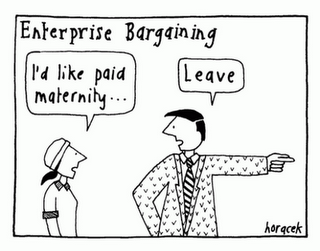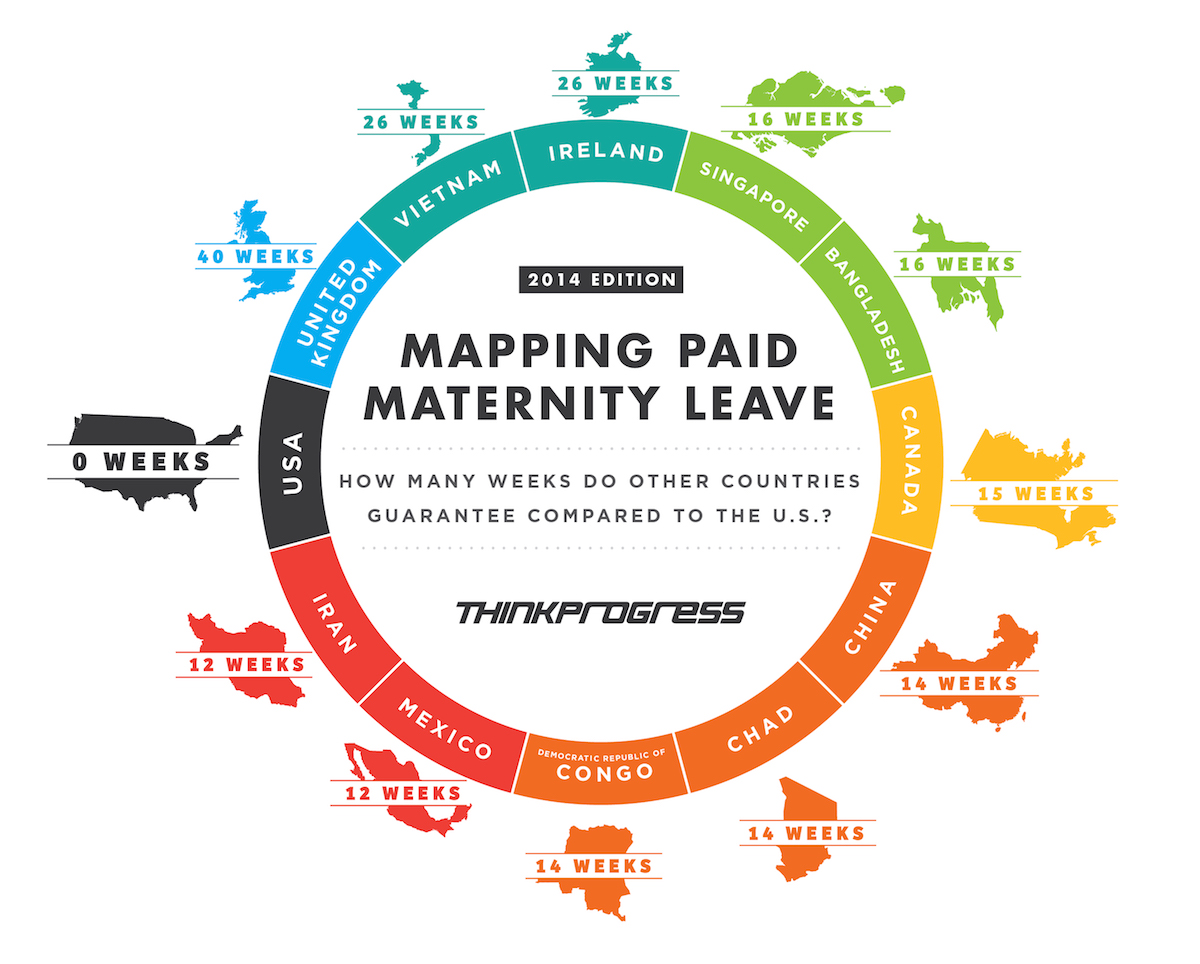July 2015 marked a new era in Maternity Leave Policies for women in the Navy. Secretary of the Navy Ray Mabus announced that, effective immediately, women who serve in the Navy and Marine Corps will have eighteen weeks of maternity leave available to use during the first year of their child’s life. The purpose of the policy is to “recruit and retain the best people” as “[m]eaningful maternity leave when it matters most is one of the best ways that we can support the women who serve our county.”

Currently, the Federal Employees Paid Parental Leave Act of 2015 (“Leave Act of 2015”) makes available a total of twelve weeks of leave, six weeks of which is paid, and any accumulated annual or sick leave. The Leave Act of 2015, signed by President Obama, was the product of a fifteen year fight by Rep. Carolyn Maloney, D-N.Y, who first introduced the measure in 2000.
A point that is often misunderstood is that all sick leave must be repaid. For example, an employee who takes thirteen days of advanced sick leave would have to go a full year without taking a single hour paid time off for medical reasons. The Office of Personnel Management has said that employees not expected to return to duty should not be provided with advanced sick leave.
The private sector lags even further behind. The Family and Medical Leave Act allows employees of companies with more than fifty employees to take job-protected unpaid leave for twelve weeks for the birth of a child. The US, joined by Papua New Guinea and Suriname, are the only three countries in the world that do not offer paid maternity leave.

As America’s largest employer, the federal government should lead by example and offer more than six weeks paid leave. The typical home no longer has a stay-at-home parent to care for a newborn and few can afford to take unpaid leave. Evidence shows that “providing paid parental leave is good for children’s health and development, boosts employee morale and productivity, and saves costs for employers by reducing turnover.”










